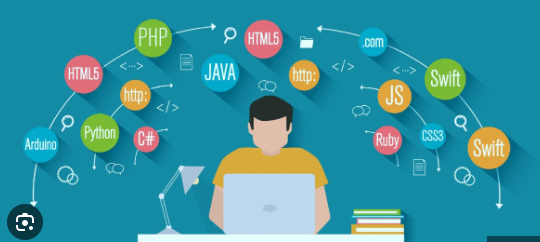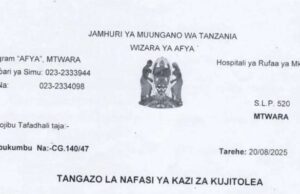Becoming a programmer involves learning to learn, gaining practical experience, improving your skills. Here’s a step-by-step guide to get you started:
1. Understand the Basics
# Select Programming Language
– **Languages suitable for beginners **: Python, JavaScript, Ruby.
– **Popular languages for specific fields **:
– **Web development**: JavaScript, HTML, CSS.
– **Data Science**: Python, R.
– **Mobile App Development**: Swift (iOS), Kotlin (Android).
# Learn Basic Concepts
– Parameters, data types, and operators.
– Authority structures (if-else statements, loops).
– Functions and techniques.
– Basic data structures (arrays, lists, dictionaries).
2. Use Online Resources
# Free Resources
– **Codecademy**: Interactive coding lessons.
– **FreeCodeCamp**: A comprehensive programming tutorial.
– **Khan Academy**: Basic programming concepts.
# Paid Resources
– ** Udemy **: Courses on various types of software.
– **Coursera**: Courses from universities.
– ** Pluralsight **: A comprehensive library of programming courses.
3. Exercise regularly
# Coding challenges
– **LeetCode**: Coding problems for interview preparation.
– **HackerRank**: Challenges in different domains.
– **Codewars**: Community driven code challenges.
#Projects
– Start with small projects like a website or a simple game.
– Contribute to open-source projects on GitHub.
4. Learn Advanced Concepts
# Algorithms and Data Structure
– Sorting and searching algorithms.
– Advanced data structures (trees, graphs, ant).
# Design Patterns
– Common patterns like Singleton, Factory, and Observer.
– Understanding when and how to use them.
5. Building a Portfolio
– Create a GitHub account to showcase your projects.
– Create a web page to showcase your work and projects.
– Include various projects that demonstrate your skills.
6. Get Hands-on Experience
# Tutorials
– Apply for internships to gain real-world experience.
– The Internet and in the industry.
#Self-reliance
– Start with small independent projects.
– Use platforms like Upwork or Fiverr.
7. Stay Updated
– Follow industry news and trends.
– Participate in online communities (Stack Overflow, Reddit).
– Attend meetings, conferences, and webinars.
8. Apply for a Job
– Adjust your profile to highlight skills and projects.
– Prepare for research interviews by practicing coding problems and understanding basic concepts.
9. Continuous Learning
– Keep up to date with new languages, technologies and technologies.
– Take advanced courses to increase your knowledge.
– Experiment with different fields like AI, blockchain, or cybersecurity.
Recommended Resources
– **Books**: “Automate Boring Things with Python” by Al Sweigart, “Clean Code” by Robert C. Martin.
– **Websites**: Stack Overflow, GitHub, Medium (for technology articles).
– **Podcast**: “Coding Blocks,” “The Changelog,” “Everyday Engineering Software.”
Starting a programming career requires dedication, continuous learning, and hands-on experience. With patience and passion, you can become a programmer.
















